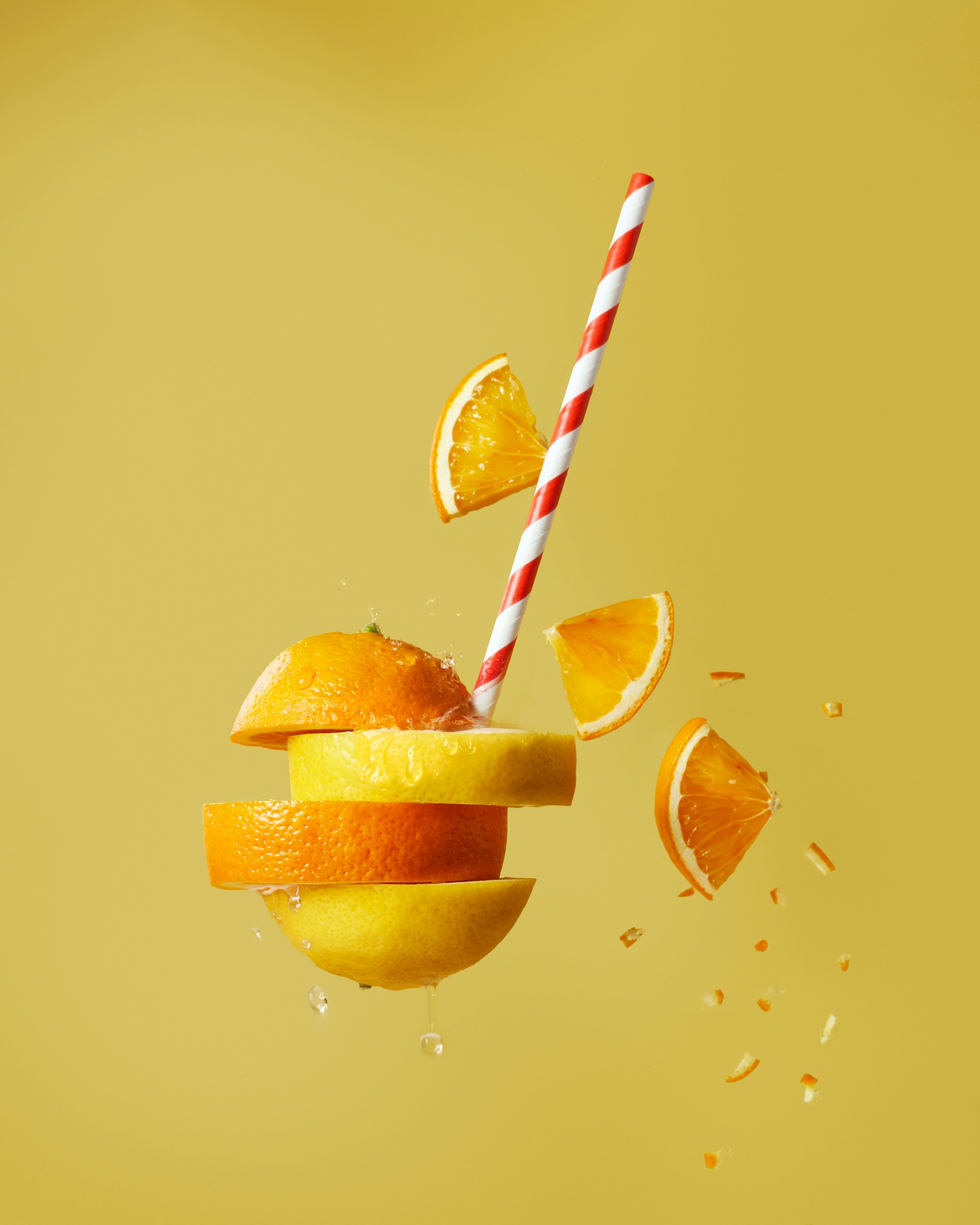Vitamin C; The Fun Side of a Serious Nutrient
Did you know that Vitamin C could be a secret superhero, not just for your immune system but also for your skin and overall vitality? Often celebrated in oranges, this powerful nutrient plays a starring role in the drama of maintaining a healthy lifestyle.

What is Vitamin C
Vitamin C, scientifically known as ascorbic acid, is a vital nutrient that our bodies need to function properly. Unlike many animals, humans cannot synthesize Vitamin C inside their bodies; hence, we need to consume it regularly. It’s key for synthesizing collagen, absorbing iron, ensuring proper immune function, and protecting cells from oxidative damage which leads to aging.
Benefits of Vitamin C
- Immune System Supercharge: Vitamin C is like your immune system’s booster shot. It encourages the production of white blood cells, known as lymphocytes and phagocytes, which help protect the body against infections.
- Antioxidant Hero: As an antioxidant, Vitamin C fights off free radicals, thereby reducing oxidative stress. This not only prevents cell damage but also lowers your risk of chronic diseases.
- Collagen’s Best Friend: For those chasing eternal youth, Vitamin C is crucial in collagen production, aiding in skin elasticity, strong bone consists and wound healing.
- Shield Against Chronic Diseases: Studies suggest that Vitamin C may reduce the risk of heart disease and stroke by improving blood pressure and protecting against LDL cholesterol oxidation.
Sources of Vitamin C
From the lemon to the humble bell pepper, Vitamin C hides in plain sight in many fruits and vegetables. Oranges, strawberries, kiwi fruit, and broccoli, papurika are also fantastic sources. A fun fact: gram for gram, the Barbados cherry contains Vitamin C the most as a fruits!
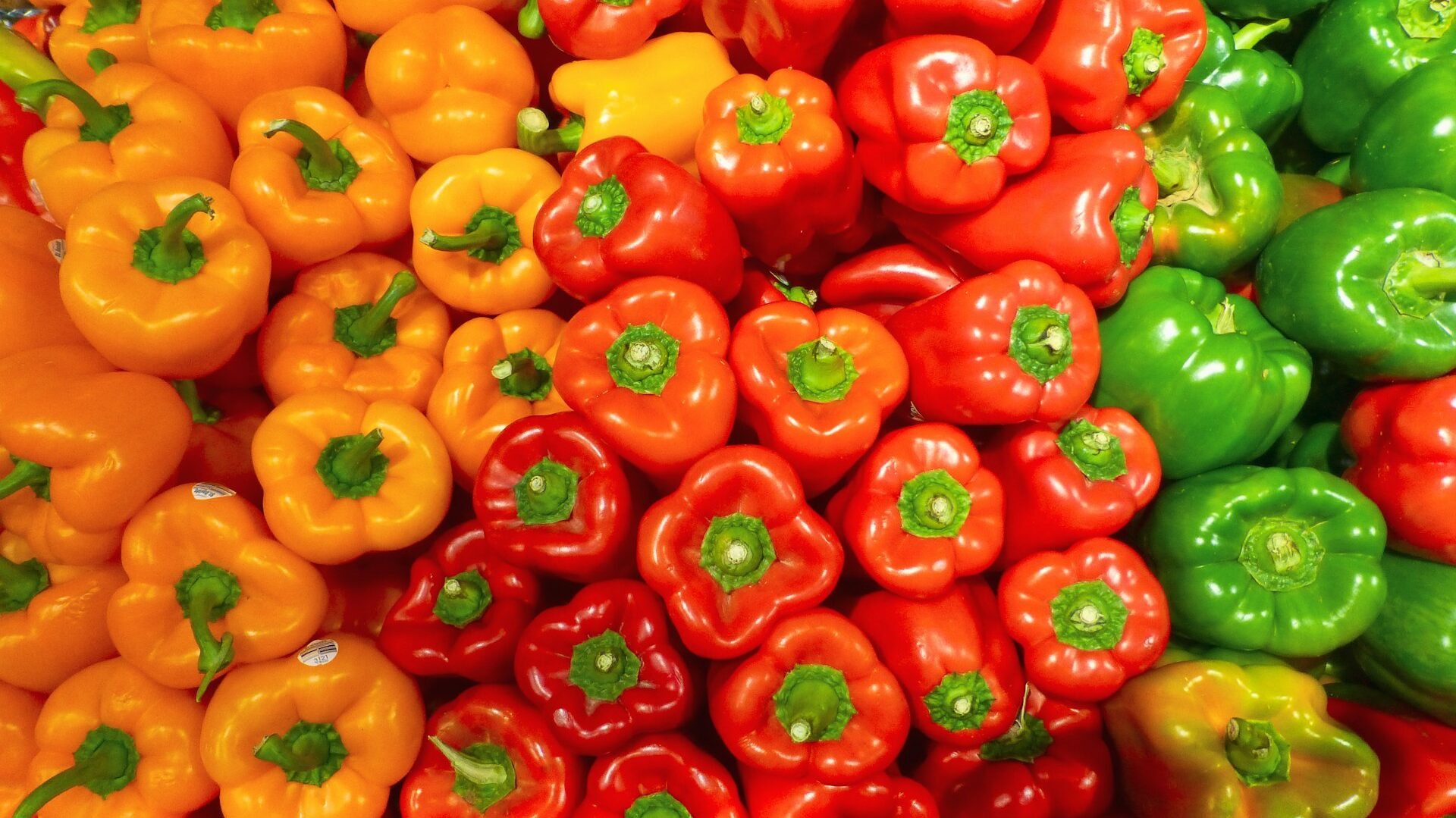
Daily Requirements and Recommendations
Recommended Dietary Allowance Vitamin C varies 85 mg to 100mg for adults, with higher needs during pregnancy and lactation for the woman. Symptoms of deficiency include fatigue, muscle weakness, joint pain, and scurvy—a disease resulting from prolonged deficiency.
Fruits High in Vitamin C (per 100g)
- Acerola 1700mg
- Guavas 220mg
- Gold Kiwi 140mg
- Black Currants 180mg
- Lemons 100mg
- persimmon 70mg
- Strawberries 62mg
- Oranges 60mg
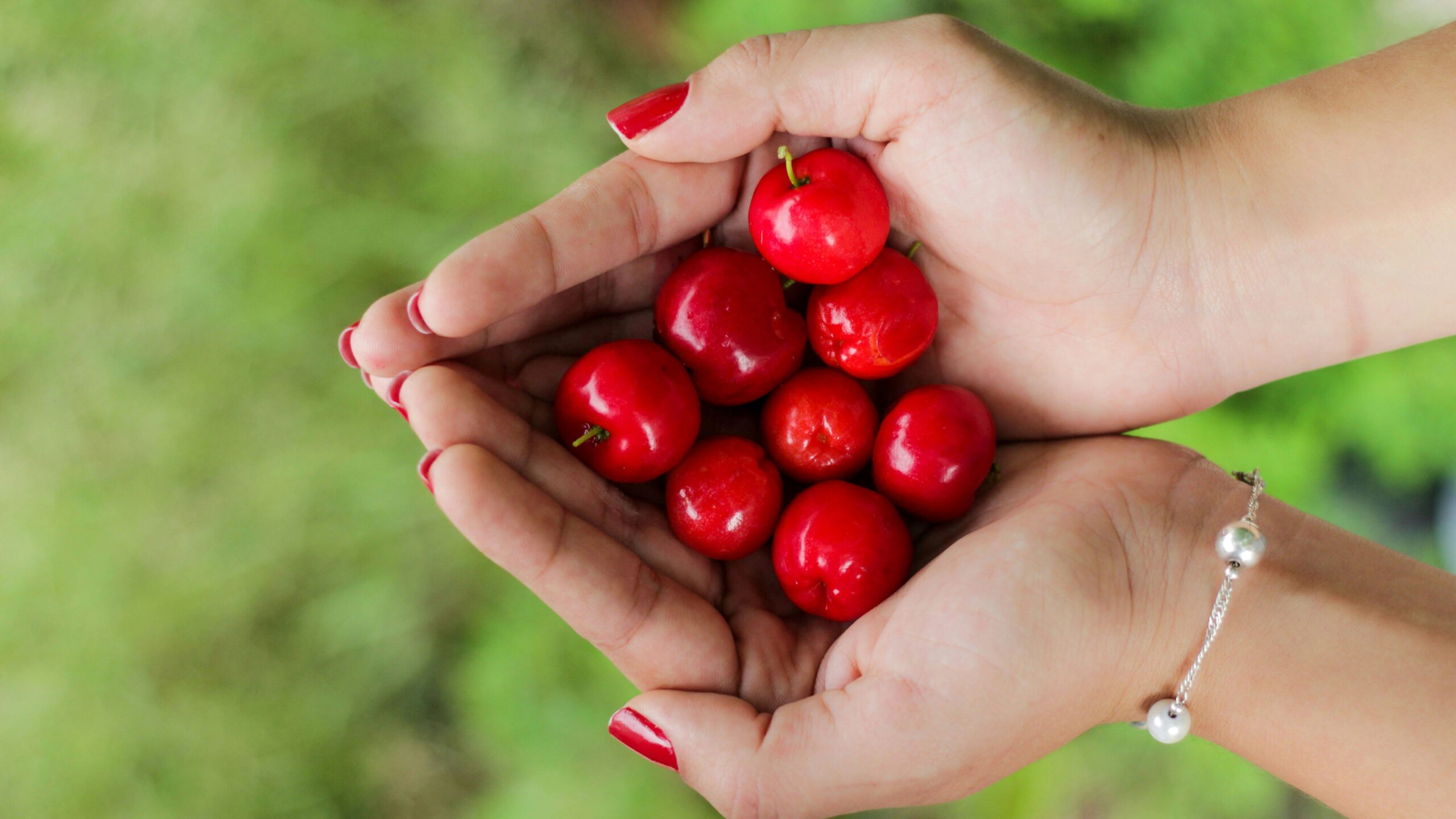
Vegetable High in Vitamin C (per 100g)
- Sweet Yellow Peppers 170mg
- Sweet Red Peppers 170mg
- Broccoli 140mg
- Brussels Sprouts 85mg
- Green Sweet Peppers 76mg
- Kale 81mg
- Cauliflower 81mg
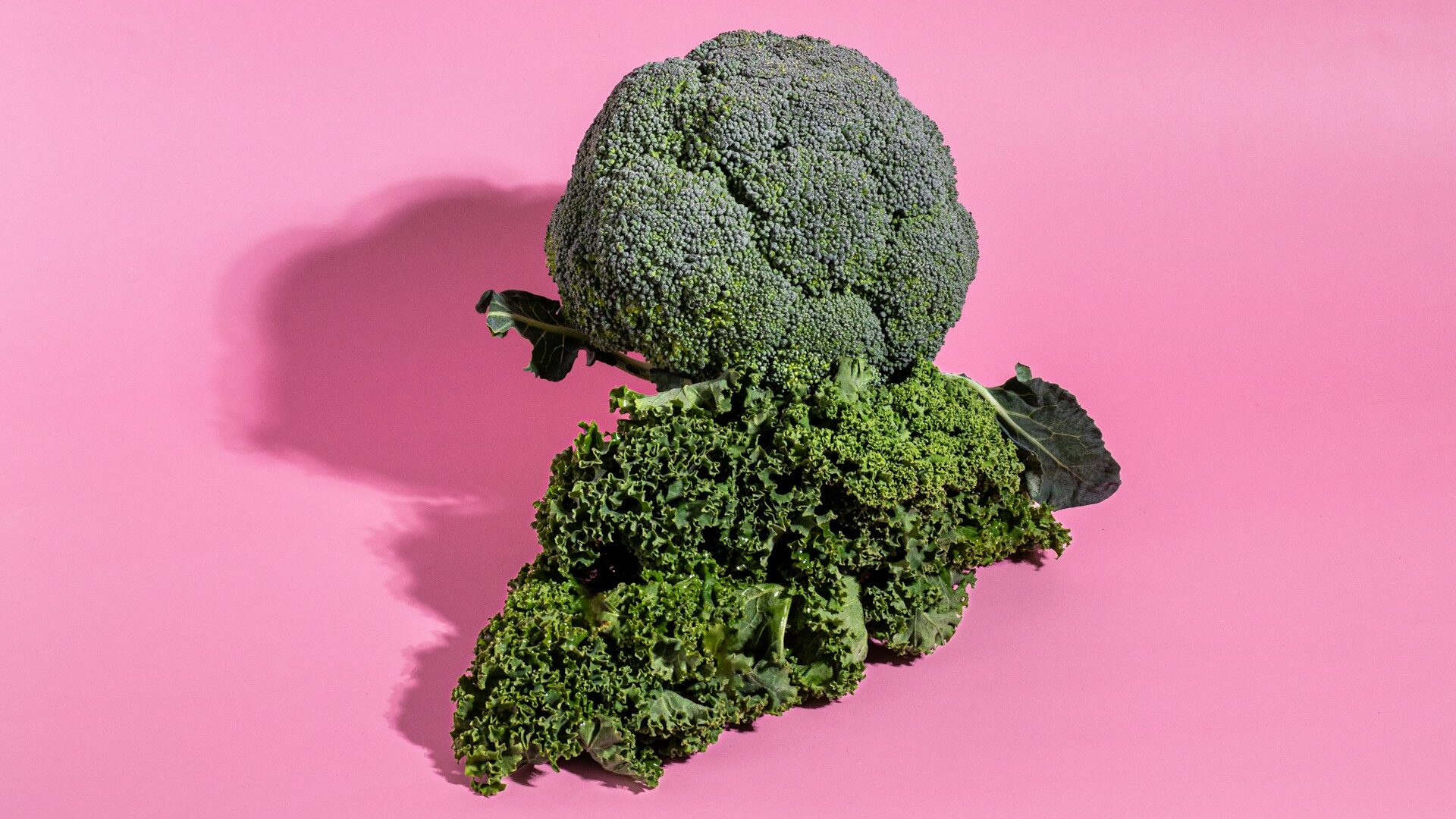
How Incorporating Vitamin C into Your Diet
Incorporating Vitamin C into your diet can be as easy as adding these fruits and vegetables to your breakfast cereal and salad. The second simple act is drizzling fresh lemon juice over your evening’s baked fish and meat can elevate a routine meal into a good dinner with high Vitamin C.
Cooking methods matter of Vitamin C is sensitive to heat, because having fresh fruits and vegetables or quiqk fly and boil is the best way. However, the most crucial thing is to keep the habit of using them in your everyday meals.
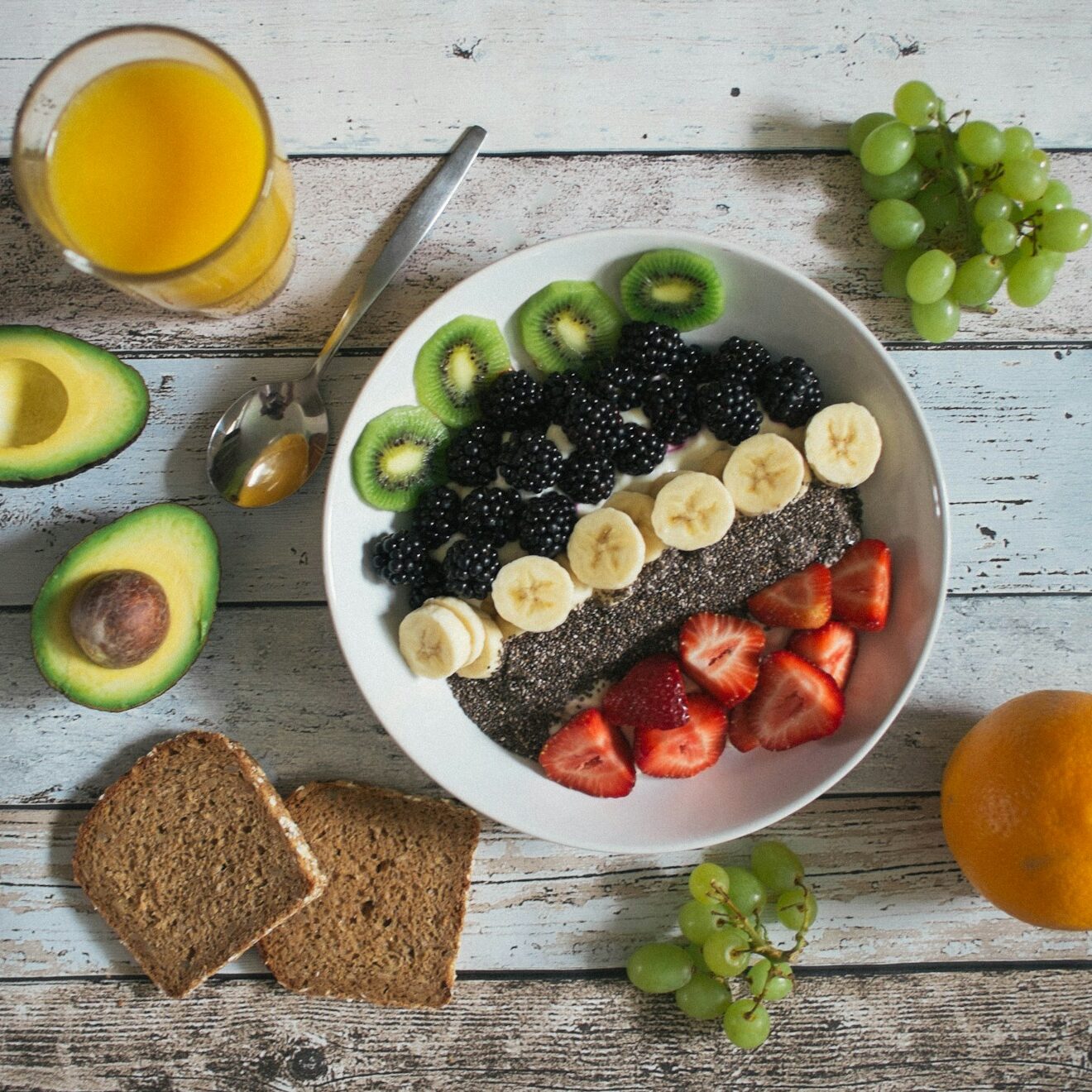
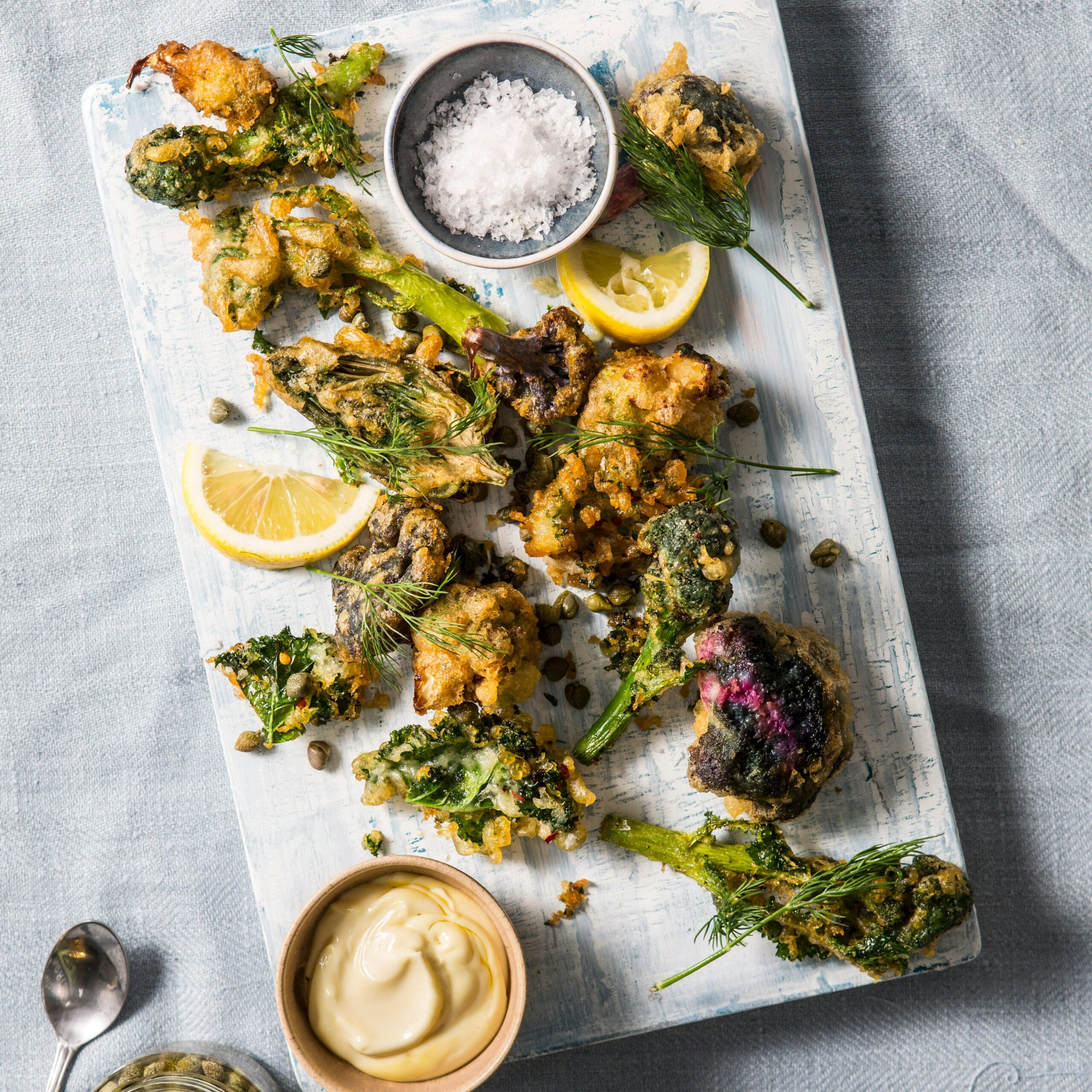
Conclusion
Whether through a slice of green pepper or a swirl of kiwi, getting your daily dose of Vitamin C is not just a chore but an adventure. Embrace the variety of sources and the immense benefits this nutrient offers. Your immune system, skin, and heart will thank you.
